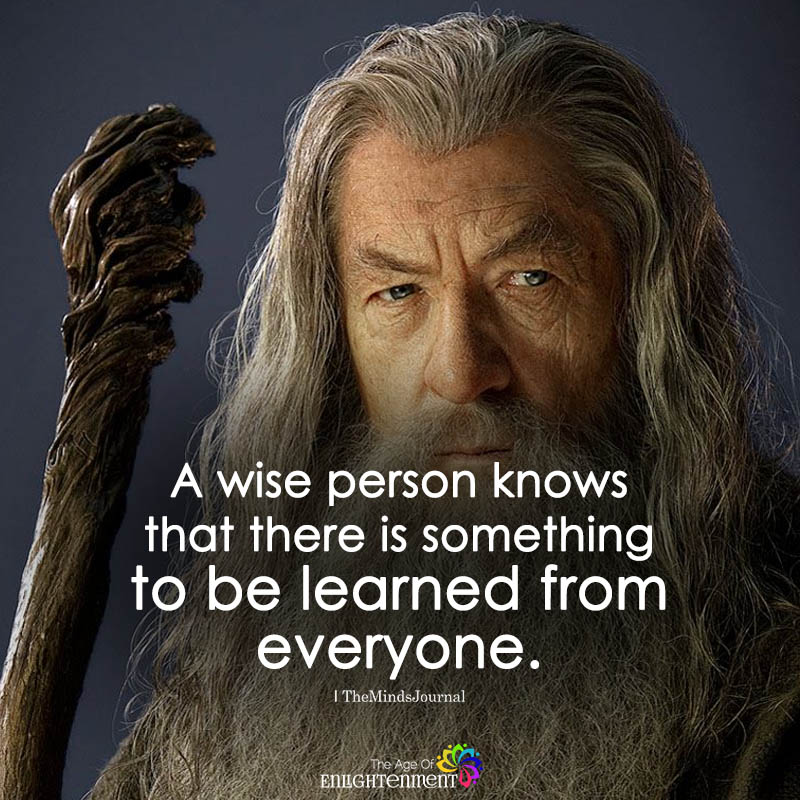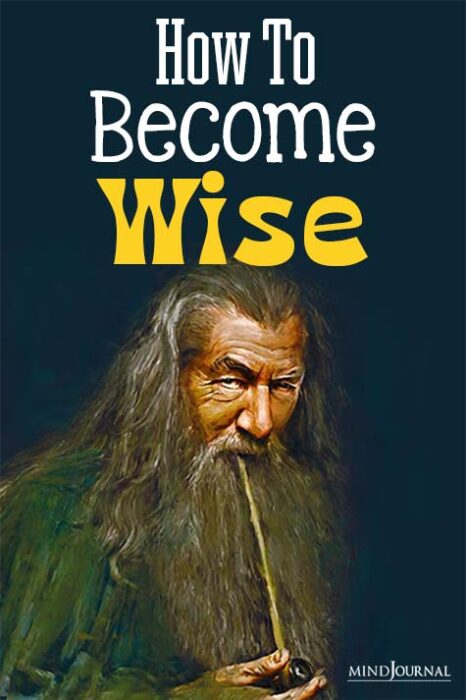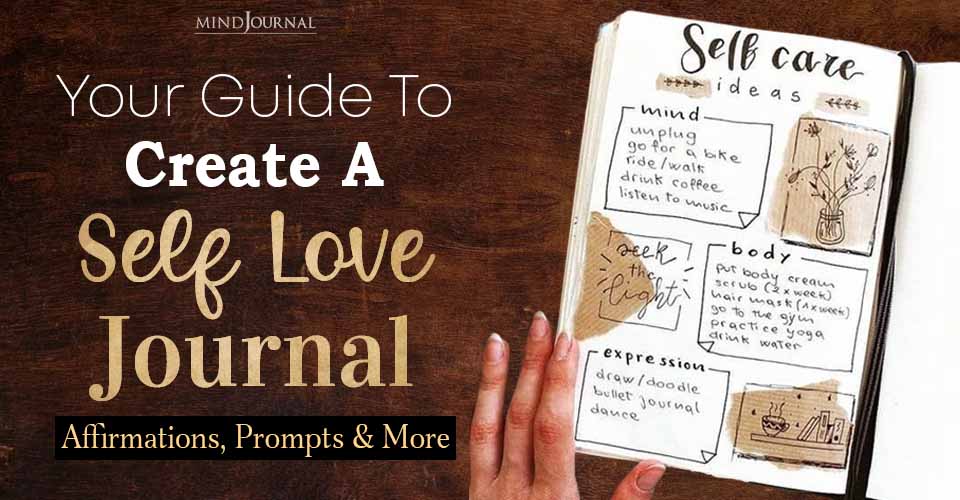Want to unlock the doors to a wiser and more fulfilling life? Want to know how to become wise? Then let’s embark on a transformative journey towards wisdom and discover practical steps to become wiser and live a better life.
What does it mean to be wise?
In our journey through life, we often seek wisdom – an intangible yet invaluable trait that brings clarity, insight, and understanding. But what does wisdom actually mean?
Being wise means having a deep understanding of people, situations, and life in general. It involves making thoughtful decisions based on knowledge, experience, and good judgment.

Wisdom often involves seeing the bigger picture, considering long-term consequences, and offering insightful advice to others. Wisdom helps us navigate challenges, make sound decisions, and cultivate meaningful relationships.
While wisdom is often associated with age and experience, it is not solely reserved for the elderly. Becoming wise is a lifelong pursuit that transcends chronological age.
Related: Emotional Evolution: 35 Signs You’re Becoming More Mature
How to become wise
Wondering how to become a wise person? Here are a few practical steps that will lead you to the path to wisdom and help you learn how to become wise and transform your life –
1. Embrace a growth mindset
To learn how to become wise, it is crucial to adopt a growth mindset. A growth mindset is the belief that intelligence, abilities, and wisdom can be developed through dedication, effort, and continuous learning.
Embrace the idea that you have the capacity to expand your wisdom, and that every experience, both positive and negative, can serve as a valuable teacher.
For instance, imagine you encounter a challenging situation at work. Instead of viewing it as a setback, see it as an opportunity for growth. Reflect on the experience, identify the lessons learned, and strive to apply them in future situations.
By embracing a growth mindset, you open yourself up to new possibilities and insights, ultimately paving the way for wisdom to flourish.
2. Cultivate self-awareness
Self-awareness is a cornerstone of wisdom. It involves understanding your own thoughts, emotions, and motivations, as well as recognizing your strengths and weaknesses.
Developing self-awareness requires introspection and a willingness to confront uncomfortable truths about oneself. Engage in self-reflection by setting aside dedicated time to assess your thoughts, feelings, and actions.
Consider keeping a journal to record your observations and insights. Through this process, you will gain a deeper understanding of your own patterns, biases, and areas for personal growth.
By cultivating self-awareness, you can make conscious choices aligned with your values and avoid repeating past mistakes.
3. Seek diverse perspectives
Wisdom flourishes when we expose ourselves to a variety of perspectives and ideas. To know how to become a wise person, actively seek out diverse opinions, engage in open-minded conversations, and embrace the opportunity to learn from others.
This may involve reading books from different genres, attending lectures or workshops, or engaging in meaningful discussions with individuals from diverse backgrounds.
For instance, if you’re interested in a particular topic, consider joining online forums or communities where you can interact with like-minded individuals.
Engaging with diverse perspectives can challenge your preconceived notions, broaden your understanding, and allow you to approach situations with greater wisdom and empathy.
Related: How Wisdom Helps You Fight Loneliness: 5 Things To Know
4. Practice active listening
Listening is a skill that is often undervalued but critical to the cultivation of wisdom. To learn how to become wise, it is essential to be present and attentive when engaging in conversations.
Practice active listening by giving your full focus to the speaker, maintaining eye contact, and refraining from interrupting or formulating responses prematurely.
By actively listening, you not only gain a deeper understanding of others’ perspectives but also demonstrate respect and empathy. Additionally, listening provides an opportunity to learn from the experiences and wisdom of others.
So, the next time you find yourself in a conversation, resist the urge to dominate the dialogue and instead, embrace the power of active listening.

5. Embrace lifelong learning
A key component of wisdom is a thirst for knowledge and a commitment to lifelong learning. Wisdom is not stagnant but evolves as we acquire new information and insights.
Make learning a lifelong pursuit by continuously seeking knowledge, exploring new subjects, and challenging your intellectual boundaries. You can enroll in courses, attend workshops or webinars, read books across different genres, or explore online resources such as podcasts or educational websites.
Pursue topics that intrigue you, and let your curiosity be your guide. By embracing a mindset of lifelong learning, you are constantly expanding your horizons and nurturing wisdom within.
6. Practice mindfulness
In the hustle and bustle of modern life, practicing mindfulness can provide a gateway to wisdom. Mindfulness involves being fully present in the current moment, observing your thoughts and emotions without judgment.
It allows you to cultivate a sense of clarity and focus, enabling you to make wiser decisions. And perhaps this is why mindfulness is often considered as one of the secrets to knowing how to become wise.
Incorporate mindfulness practices into your daily routine. This could include meditation, deep breathing exercises, or simply taking moments throughout the day to pause and observe your surroundings.
By grounding yourself in the present, you can become more attuned to your thoughts and emotions, leading to greater self-awareness and, ultimately, wisdom.
7. Embrace failure and learn from mistakes
Failure is an inevitable part of life, but it is how we respond to failure that shapes our path to wisdom. To know how to become a wise person, embrace failure as an opportunity for growth and learning.
Rather than dwelling on the setback, reflect on what went wrong, identify the lessons learned, and use them as stepping stones towards future success.
Thomas Edison, the inventor of the light bulb, famously said, “I have not failed. I’ve just found 10,000 ways that won’t work.” Edison’s resilience and ability to learn from his mistakes ultimately led to his groundbreaking invention.
Similarly, by embracing failure and learning from our mistakes, we can cultivate wisdom and resilience.
8. Practice empathy and compassion
Wisdom extends beyond personal growth and encompasses our relationships with others. Cultivating empathy and compassion allows us to connect with others on a deeper level and make wiser choices in our interactions. Seek to understand the experiences, emotions, and perspectives of those around you.
Practice empathy by actively putting yourself in someone else’s shoes and considering their feelings and needs. Show compassion by offering support and kindness, even in challenging situations.
By fostering empathy and compassion, you not only learn how to become wise but also contribute to a more harmonious and understanding world.
Related: 10 Sources Of Wisdom
9. Reflect and apply wisdom
Wisdom is not merely acquired knowledge; it is the integration of knowledge into action. Take time to reflect on the wisdom you have gained through your experiences, conversations, and learning. Consider how you can apply this wisdom in your daily life.
For example, if you have learned the importance of active listening, make a conscious effort to implement it in your interactions with others. If you have gained insights into self-awareness, regularly engage in introspection to deepen your understanding of yourself.
Reflecting and applying wisdom is an ongoing process that allows you to continually grow and evolve.
How to reflect on and apply wisdom in daily life
Learning how to become wise is not enough. We must also know how to apply that wisdom in our life. Reflecting on and applying wisdom in daily life is a powerful practice that allows us to integrate our knowledge and experiences into actionable insights.
Here are some effective ways to engage in reflection and apply wisdom in your everyday life, once you have learned how to become a wise person –
1. Journaling
Maintain a journal where you can regularly write down your thoughts, experiences, and lessons learned. Take time each day or week to reflect on your actions, decisions, and interactions.
Consider what worked well, what could have been improved, and the wisdom gained from those experiences. Journaling provides a tangible record of your journey and serves as a valuable tool for self-reflection and growth.
2. Quiet contemplation
Set aside dedicated time for quiet contemplation and introspection. Find a peaceful environment where you can disconnect from distractions and simply be with your thoughts.
Use this time to reflect on recent events, challenges, or decisions. Ask yourself probing questions, such as –
“What did I learn from this experience?”
“How can I apply this wisdom moving forward?”
Allow your mind to wander and explore insights that arise naturally.
3. Seeking feedback
Actively seek feedback from trusted individuals in your life – friends, family members, mentors, or colleagues. Request their honest opinions and perspectives on situations or decisions you’ve made.
Be open to constructive criticism and different viewpoints. Feedback provides valuable external insights that can help you identify blind spots, refine your thinking, and apply wisdom more effectively.
Being open to feedback is key to learning how to become wise.
Related: How Ancient Wisdom is Still Relevant Today
4. Mindful decision-making
Before making important decisions, take a moment to pause and reflect. Consider the potential consequences and implications of different choices.
Draw upon the wisdom you have acquired through past experiences, knowledge, and intuition. Engage in a process of deliberate and thoughtful decision-making, weighing the pros and cons.
By applying wisdom to your decision-making process, you increase the likelihood of making sound choices aligned with your values and long-term goals.
5. Practice gratitude
Cultivate a sense of gratitude for knowing how to become a wise person and gaining wisdom through learning and experiences that have shaped you.
Take time each day to reflect on the lessons learned, the growth you’ve experienced, and the positive impact wisdom has had on your life. Express gratitude for the people, opportunities, and challenges that have contributed to your journey.
Gratitude reinforces the value of wisdom and motivates you to continue seeking and applying it.
6. Share and teach
One of the most powerful ways to reflect on and apply wisdom is by sharing it with others. Engage in meaningful conversations, mentorship, or teaching opportunities where you can pass on your insights and experiences.
By articulating and explaining your wisdom to others, you deepen your own understanding and reinforce its relevance in your life. Sharing wisdom not only benefits others but also reinforces its importance in your own journey.

7. Regular evaluation
Set aside regular intervals – weekly, monthly, or quarterly – to evaluate your progress in applying wisdom. Reflect on the goals you’ve set for yourself and assess how well you’ve integrated wisdom into your life.
Celebrate your successes and acknowledge areas for improvement. Use this evaluation as an opportunity to make adjustments, set new goals, and continue refining your approach to applying wisdom.
Remember, reflection and application of wisdom is an ongoing practice and is an important aspect of learning how to become wise. Be patient with yourself, as it takes time and commitment to integrate wisdom into your daily life.
Embrace the process, be open to new insights, and remain dedicated to your personal growth and development. By consistently reflecting and applying wisdom, you will experience its transformative power and enrich your life and the lives of those around you.
Related: Ancient Wisdom Revealed: 5 Hidden Magical Knowledge That Can Transform Your Life
Takeaway
Learning how to become a wise person is a transformative journey that requires dedication, self-reflection, and a commitment to lifelong learning. By reflecting on and applying wisdom, you can unlock the doors to a wiser and more fulfilling life.
Remember, wisdom is not a destination but a lifelong pursuit. Embrace the process, be patient with yourself, and celebrate the small steps along the way.
As you embark on this journey, you will find that wisdom enriches not only your own life but also the lives of those around you. So, take the first step today and embrace the path to wisdom.
Frequently Asked Questions (FAQs):
How do you become a wise person?
Become curious, learn from experiences, reflect on mistakes, seek diverse perspectives, practice empathy, and apply thoughtful judgment to decisions.
How can I be wise and clever?
Cultivate knowledge, seek different viewpoints, learn from failures, practice critical thinking, and use insights to make effective and thoughtful choices.
How can I grow more wise?
Read widely, learn from challenges, listen to others, reflect on experiences, embrace new ideas, and continuously seek personal growth and understanding.









Leave a Reply
You must be logged in to post a comment.